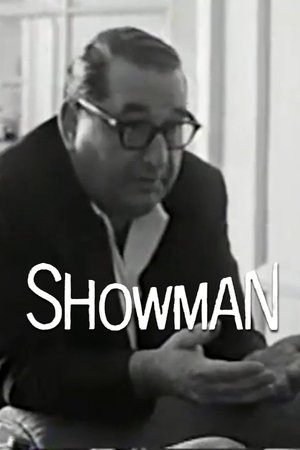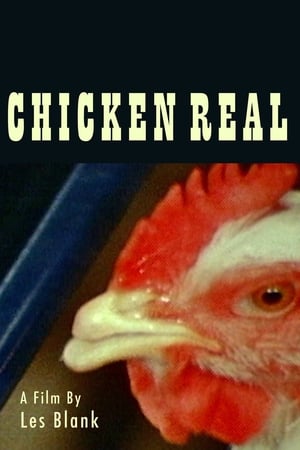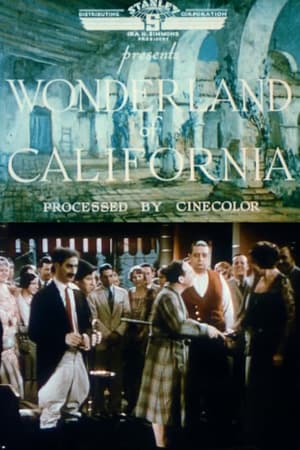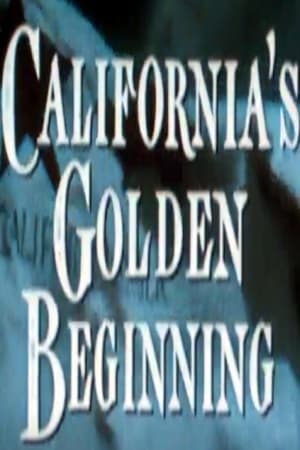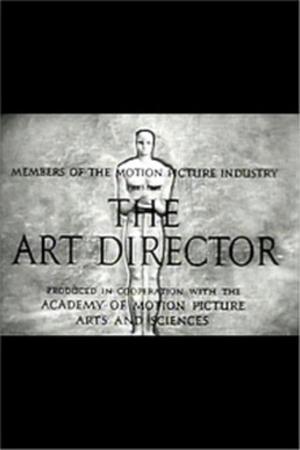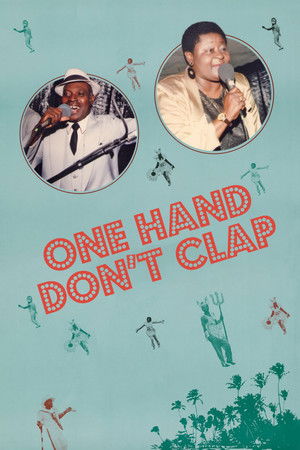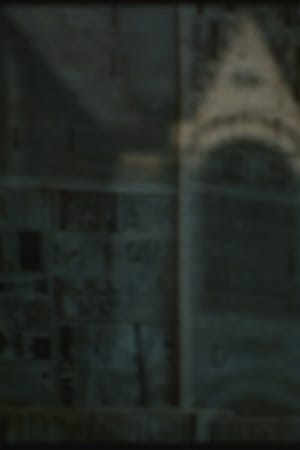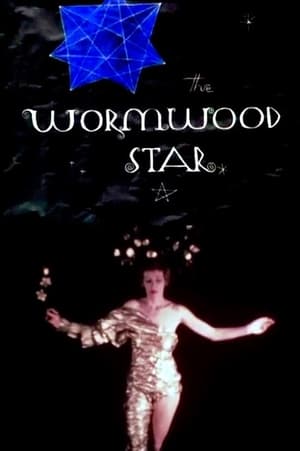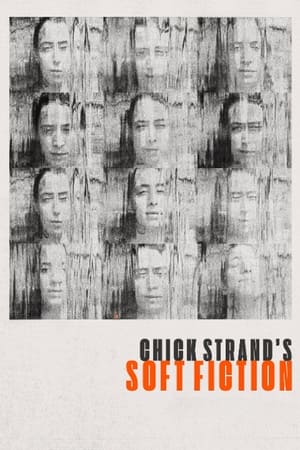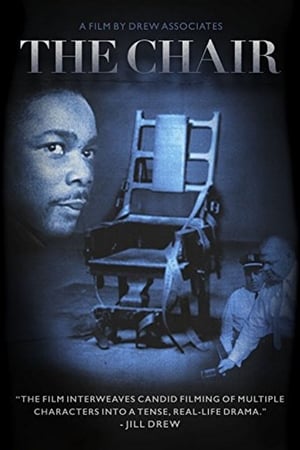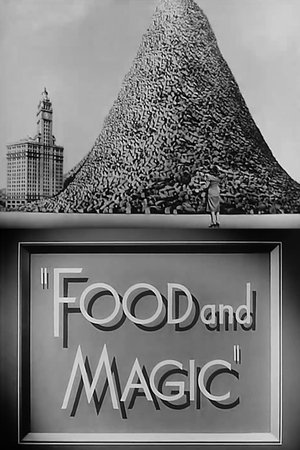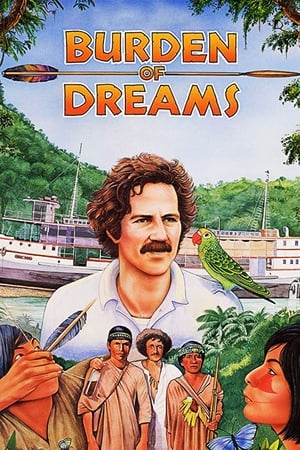Overview
A documentary about the first flight over Mt Everest. Preserved by the Academy Film Archive in partnership with UCLA Film & Television Archive in 2014.
Reviews
It had been barely thirty years since the Wright brothers had got a powered aircraft off the ground and now here we are with an intrepid crew of Britons planning to fly over the top of Mount Everest. To achieve this, they will need to sustain an altitude of around 30,000 feet, endure temperatures of -50° and winds of over an hundred miles an hour. They know that if anything goes wrong up there, then they haven’t an hope in hell. Using lots of archive of some really quite chilling aerial photography, this nicely edited feature takes us on a trip as they meticulously plan their trip before arriving in northern India and then Nepal to prepare. Meantime, the agrarian population look on in wonder as their kit arrives and takes to the air for practice flights. Their aircraft have open cockpits and they are dependent on oxygen supplies as their goggles ice up and the thinness of the air makes passing out a distinct possibility - these folks are seriously exposed. It’s the scenery of the Himalayas that really stands out here. At times what we see doesn’t even look real as the peaks emerge from the misty clouds as if they were straight out of a magical Rudyard Kipling tale. It’s a story of aviation pioneering that manages to convey some of the excitement and Adrenalin-rush these men enjoyed, and I did quite enjoy it.

 32 min
32 min
 5.4
5.4
 1934
1934
 United Kingdom
United Kingdom
 CinemaSerf wrote:
CinemaSerf wrote: